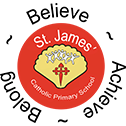PSHE - Mrs Bell
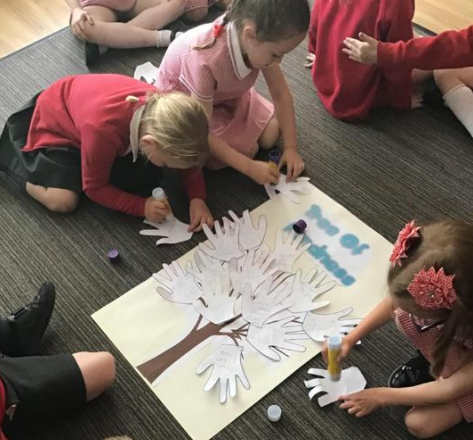

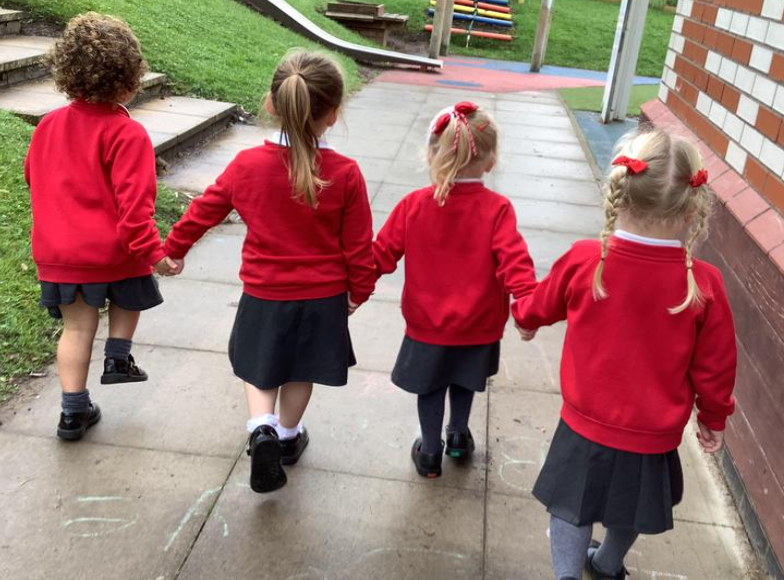
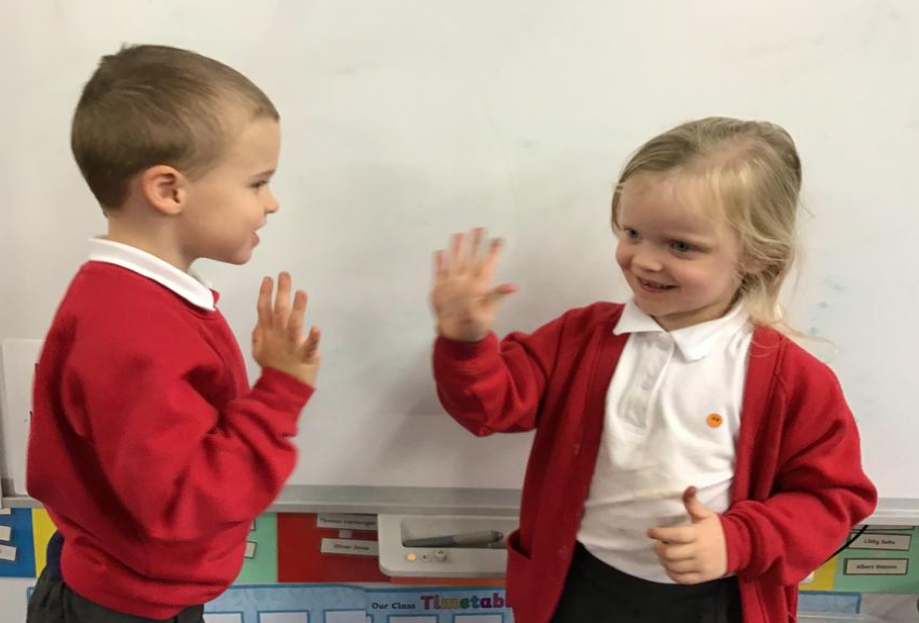
PSHE Education Subject Leader - Mrs Bell

Why I am passionate about PSHE Education...
Hi I am Mrs. Bell and I lead PSHE Education at St. James'. As I am also curriculum lead, I see PSHE Education as the most important part of our learning journey - it underpins everything that we do. If children understand their feelings; have an excellent sense of self-worth; have the ability to make decisions; have a deep rooted sense of respect for all; and act with kindness and integrity then they develop in confidence and character as they grow.
I love to see children flourish both socially and emotionally and know that what we teach during their primary years can shape the person that they become in the future.
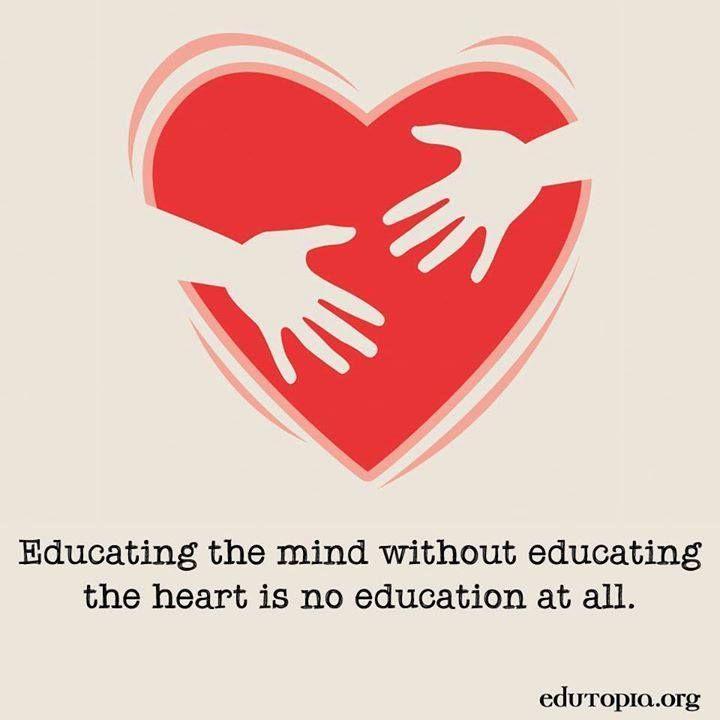
Curriculum Intent
At St. James' Catholic Primary School the intent of our PSHE curriculum is for it to be one which is accessible to all that will maximise the outcomes for every child so that they know more, remember more and understand more. As a result of this they will become healthy, independent and responsible members of a society who understand how they are developing personally and socially. It will give them confidence to tackle many of the moral, social and cultural issues that are part of growing up. We provide our children with opportunities for them to learn about rights and responsibilities and appreciate what it means to be a member of a diverse society. Our children are encouraged to develop their sense of self-worth by playing a positive role in contributing to school life and the wider community.
“Personal, Social, Health and Economic (PSHE) education is a school subject through which pupils develop the knowledge, skills and attributes they need to manage their lives, now and in the future. These skills and attributes help pupils to stay healthy, safe, and prepare them for life and work in modern Britain. PSHE education helps pupils to achieve their academic potential, and leave school equipped with skills they will need throughout later life.”
-PSHE Association
Curriculum Implementation
At St. James we have tailored the PSHE Associations’ ‘Programme of Study’ to suit our pupils, school and community; giving careful consideration to our school ethos and aims and our pupils’ needs.
We follow the PSHE Associations’ three core themes: Health and Wellbeing; Relationships; and Living in the Wider World. Each year group covers content related to each theme every year, ensuring that a spiral programme is in place: one that revisits themes, gradually extending thinking, expanding knowledge and developing skills. We avoid, where possible, ‘one-off’, stand-alone sessions that will not be revisited, and instead make constant links to previous learning and experiences, and build upon these.
Where possible we make cross-curricular links between PSHE and other subjects; this is particularly true and relevant in English, Religious Education, Physical Education, History and Geography, with other content also linking to Maths, Science and Computing.
PSHE learning comes in many different forms: through whole-class teaching, group activities, individual tasks, assemblies, outside speakers, cross-curricular lessons and discrete lessons.
During PSHE sessions children are encouraged to both ask and answer questions, to deepen their knowledge and understanding. A great deal of time is spent considering scenarios and possible responses to them.
Assessment
Teachers assess children’s knowledge, understanding and skills in PSHE by making observations and notes of children’s comments during lessons. As part of our assessment for learning process (and in line with our school’s assessment policy), children will receive both verbal and written feedback in order to aid progress in the subject (where appropriate). Twice a year, Foundation subject assessment grids are completed by class teachers, showing children’s attainment in the following three topics: Health and Wellbeing; Relationships; Living in the Wider World. The school’s banding system is used to do this. The Curriculum Leader then analyses this data and provides feedback to the PSHE Leader in order to inform and improve future practice.
Inclusion
Lessons and activities are planned to be inclusive so that the needs of all children (including those with SEND) are met. A range of approaches are used to this including: a range of questioning, use of quality assured resources and mixed ability groupings to enable children to offer peer on peer support. Lessons are always planned to facilitate the best possible outcomes for all children within the class.
Spiritual, moral, social and cultural development and British Values
Spiritual, moral, social and cultural development are promoted through all PSHE teaching
Spiritual development: We explore the beliefs and experiences of ourselves and others; discuss the importance of respecting all beliefs and faiths; learn about and discuss our feelings and values and those of others.
Moral development: We learn about and discuss things that are right and wrong; learn about the law and the importance of it; begin to consider our actions and the consequence of them; consider, discuss and debate ethical issues; offer reasoned views.
Social development: We consider all of the groups and communities that we are part of; participate in our local community; learn how to resolve conflict; engage with the British Values of democracy, the rule of law, individual liberty, mutual respect and tolerance.
Cultural development: We become aware of cultural influences; learn about the role of Britain’s parliamentary system; understand, accept, respect and celebrate diversity.
Curriculum Impact
PSHE Education is given the highest priority at St. James'. It is timetabled weekly (every Monday Morning) and is a lesson which is valued by both staff and pupils. Through regular monitoring, including pupil interviews, book looks and learning walks, it is clear that staff are using quality assured resources to deliver sessions. A culture of openness and sharing has been created within the classroom and children are keen to share their thoughts, ideas and opinions confidently. As a school, we celebrate differences and encourage uniqueness and individuality. Children have a clear understanding of how they are developing both personally and socially and have a good sense of self-worth. They understand how their words and actions can affect others and know how to treat each other with respect. This is clear in the children's behaviour towards each other throughout the school day. Children are encouraged to ask questions and stand up for what they believe. Even those who don't like to do this in front of their peers use class 'Ask it Baskets' regularly. Children at our school know where they can seek support if they are worried about themselves or somebody else and nurture support (which is always available) is accessed regularly by pupils. Since introducing the PSHE curriculum in 2020, staff have noticed a positive impact both socially and academically. Individual case studies can be talked about to evidence this. Overall, the impact of the curriculum on the children is extremely positive and as a school, we feel the children will really benefit from this progressive approach as they move through their education and journey into adult life.
-
Talking to your child about puberty and Relationships and Sex Education (RSE) at home:
Little children can have big questions. amaze jr. provides age-appropriate relationships and sex education resources for parents to use when talking to young children. There are fun videos to share and watch together. Click on the logo to the left to visit the site.
What the children think about PSHE education at our school...
We learnt that when you're older, you earn your own money and need to budget to pay bills every month - Robbie, Year 5
I know how to communicate safely online and I know that being respectful to others is a British Value - Livvy, Year 5
We learnt that our body changes during puberty - Catherine, Year 5
In PSHE lessons I like learning about how people are all different - Year 1
Following the law is a British Value - Year 1
I know that if I get pocket money I can save it to buy something I like - Year 1
